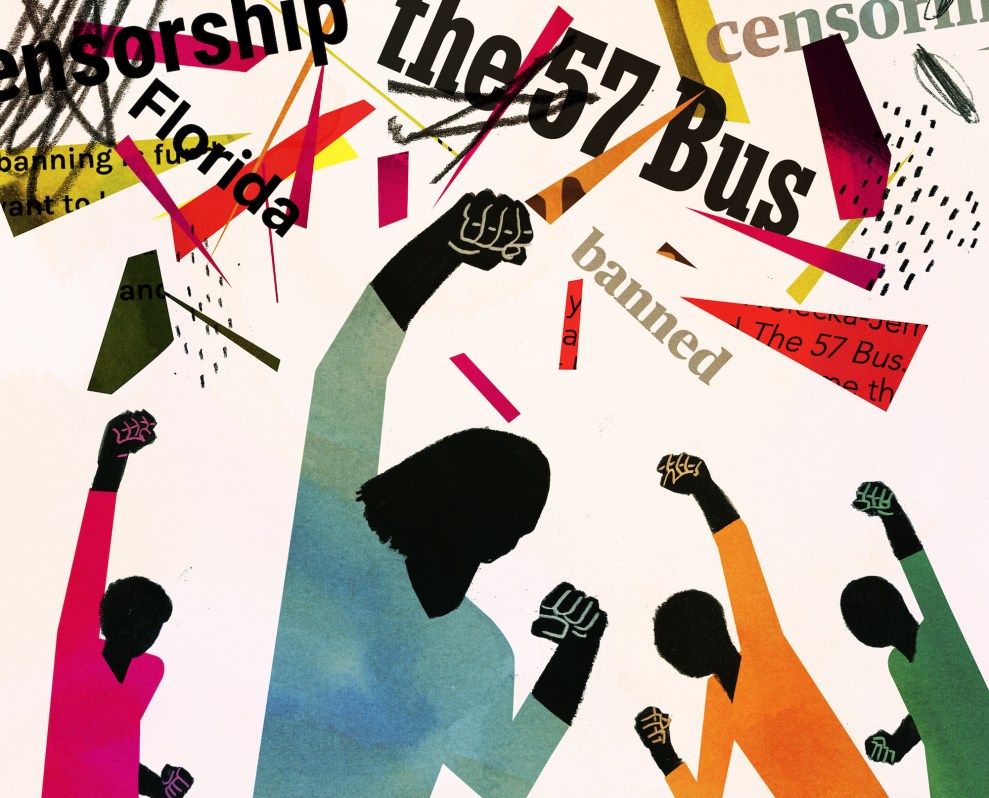It was big news when Rudy Giuliani, once hailed as America’s Mayor, was indicted last month by a district attorney in Atlanta for allegedly being part of a criminal enterprise led by Donald Trump that sought to overturn the 2020 election results. Giuliani was back in headlines this week when he lost a defamation suit filed against him by two Georgia election workers whom he had falsely accused of ballot stuffing. Giuliani’s apparent impoverishment, caused by his massive legal bills, and even his alleged drinking have been fodder for reporters. But another major Giuliani development has drawn less attention: An FBI whistleblower filed a statement asserting that Giuliani “may have been compromised” by Russian intelligence while working as a lawyer and adviser to Trump during the 2020 campaign.
That contention is among a host of explosive assertions from Johnathan Buma, an FBI agent who also says that an investigation involving Giuliani’s activities was stymied within the bureau.
In July, Buma sent the Senate Judiciary Committee a 22-page statement full of eye-popping allegations, and the document leaked and was first reported last month by Insider (after a conservative blogger had posted it online). According to Buma’s account, Giuliani was used as an asset by a Ukrainian oligarch tied to Russian intelligence and other Russian operatives for a disinformation operation that aimed to discredit Joe Biden and boost Trump in the 2020 presidential race. Moreover, Buma says he was the target of retaliation within the bureau for digging into this.
The FBI declined to comment on Buma’s claims.
Buma’s revelations may only be the start. A source familiar with his work tells Mother Jones that other potential FBI whistleblowers who participated in the investigation involving Giuliani have consulted the same lawyer as Buma and might meet with congressional investigators in coming weeks. That attorney, Scott Horton, declined to comment.
Copyright
© Mother Jones


